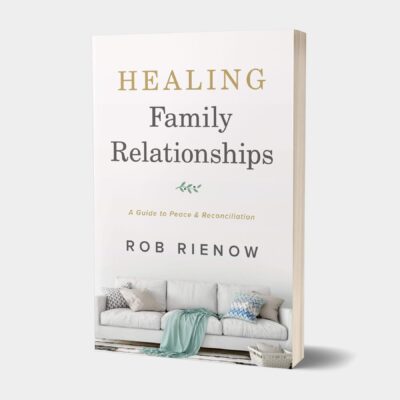When a family member does something that hurts our feelings a couple of times, it may not feel like a big deal to forgive them. What if they do it ten times? Fifty times? Now it is a different story. You may remember that Jesus’ disciples asked Him about this. “Then Peter came up and said to him, ‘Lord, how often will my brother sin against me, and I forgive him? As many as seven times?’ Jesus said to him, ‘I do not say to you seven times, but seventy-seven times’” (Matthew 18:21–22). Peter thought that forgiving his brother seven times for something was quite generous. Jesus blasted that out of the water when he called Peter to forgive seventy-seven times. This, of course, was not meant to be a literal number. Seventy-five, seventy-six, almost there! It was a call to a lifetime and lifestyle of forgiveness.
I once heard a powerful seminar by Jerry Root, a professor at Wheaton College. He emphasized how the call to forgive is first and foremost a choice we make for our own freedom and wholeness. He shared this illustration: If you have rats in your house, you don’t get rid of them by eating a box of rat poison. That course of action won’t do anything to the rats and might just kill you. Holding on to bitterness and anger hurts us far more than the person with whom we are in conflict. Jerry asked, “How many times should we say no to eating rat poison?” Every time. All the time. “Seventy-seven times.” Choosing forgiveness is choosing freedom.
An excerpt from “Healing Family Relationships” by Rob Rienow:
